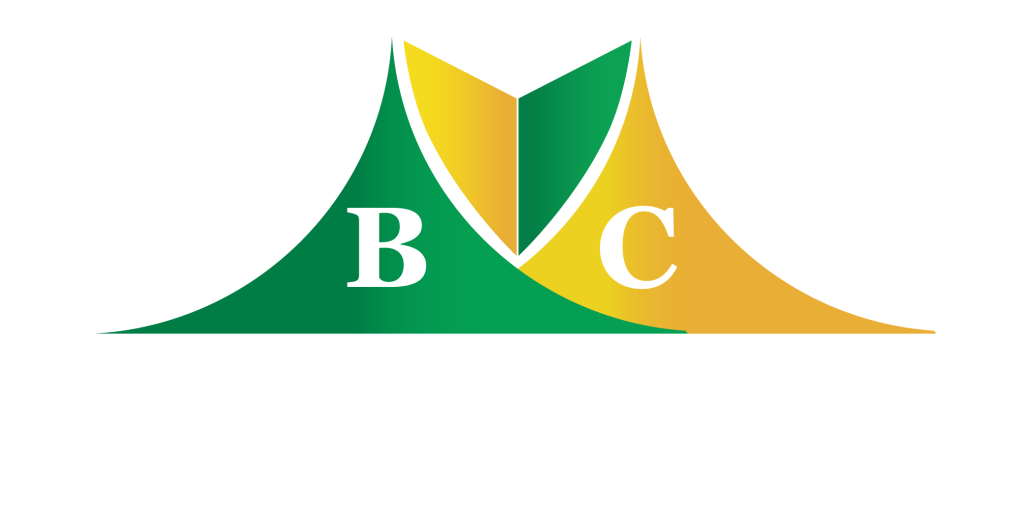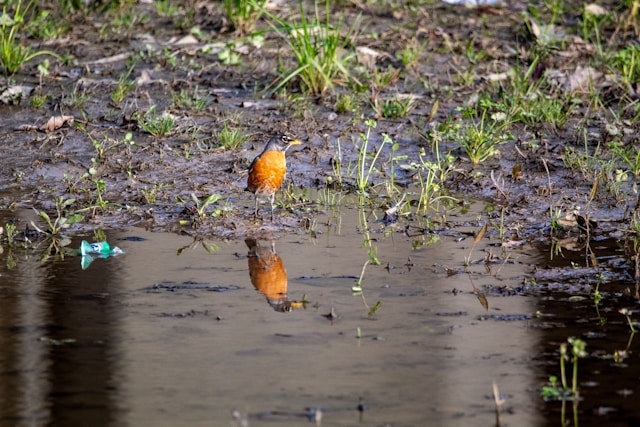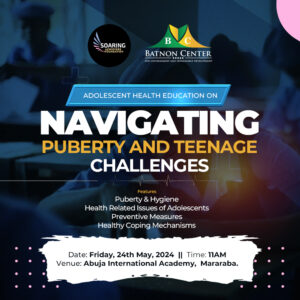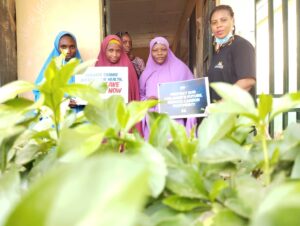As an organization dedicated to environmental sustainability and public health, Batnon Center for Environment and Sustainable Development is sounding the alarm on the recent cholera outbreak in Nigeria.
The Spread of Cholera: How It Happens
Cholera spreads primarily through the consumption of contaminated water or food. In regions where clean water is scarce and sanitation practices are poor, the risk of cholera transmission escalates. The bacterium can survive in water sources, making it critical for communities to ensure safe drinking water and proper waste management to curb the spread of the disease.
Another method of transmission is, not washing of the hands properly before the preparation of food. Contaminated foods, fruits or vegtables.
Health Implications of Cholera Outbreak in Nigeria
The symptoms of cholera can range from mild to severe, with the most common signs being sudden onset of profuse watery diarrhea, vomiting, lower amounts of urine, and leg cramps. In severe cases, rapid loss of body fluids can lead to dehydration and shock, which, if untreated, can result in death within hours. Vulnerable populations, including children, the elderly, and those with compromised immune systems, are at a higher risk of severe outcomes.
Let’s work together to prevent the spread of this deadly disease! 💦
🔹 Drink safe water, boiled or chlorinated
🔹 Avoid untreated ice products
🔹 Practice good hygiene, wash hands regularly
🔹 Use toilets and dispose of feces safely
🔹 Follow food safety guidelines
See Also our activities – Keeping Healthy in a Changing Climate
Long-Term Solutions for Cholera Prevention
While immediate response measures are vital, addressing the root causes of cholera requires long-term investments in water, sanitation, and hygiene (WASH) infrastructure. Governments, NGOs, and international organizations must collaborate to:
- Improve Water Supply Systems: Developing reliable and sustainable water supply systems to ensure communities have access to clean water at all times.
- Enhance Sanitation Facilities: Building and maintaining adequate sanitation facilities to prevent contamination of water sources.
- Promote Community Engagement: Involving local communities in the design and implementation of WASH projects to ensure their effectiveness and sustainability.
Stay informed, stay safe! Get updates from trusted sources like the Nigeria Centre for Disease Control (NCDC).
Let’s act now to protect our communities! Share this alert with your network. Health is Wealth.
#PublicHealth #BatnonCenter







